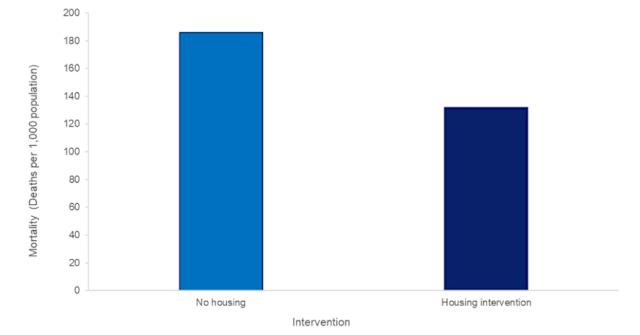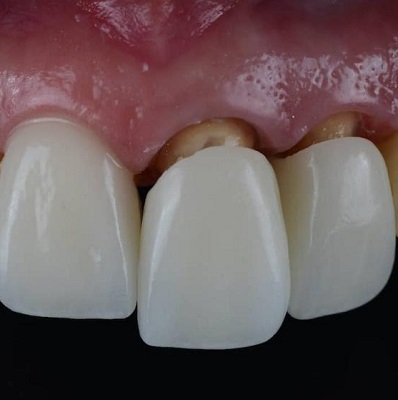Housing First intervention associated with reduced opioid overdoses

Opioid use disorder (OUD) has become a mounting public health crisis in the US, often disproportionately affecting individuals in the most vulnerable socioeconomic statuses. The homeless population has recently shown particularly high rates of OUD and opioid addiction, which has provoked debates over the most effective strategies for treating substance abuse while humanely and equitably promoting public safety in afflicted areas. Among the most controversial approaches is the Housing First philosophy, which posits that providing free or low-cost living accommodations for people experiencing homelessness facilitates addiction treatment, especially if accompanied by pharmacotherapy and mental health counselling. In the June 2025 edition of JAMA Network Open, Isabelle Rao and Margaret Brandeau simulated the effects of Housing First interventions on OUD overdoses and mortality under various conditions. The study concludes that a Housing First approach to OUD patients experiencing homelessness, whether accompanied by treatment or not, leads to a reduction in both overdoses and mortality. GlobalData epidemiologists forecast growth in the 12-month diagnosed prevalent cases of opioid addiction with OUD from over 739,000 to approximately 773,000 between 2025 and 2033. Successful implementation of interventions such as Housing First may reduce severe injury or death in this growing patient pool, particularly among those experiencing housing instability or homelessness.
Rao and Brandeau modelled various scenarios in which a nationally representative patient population of 1,000 adults with OUD experiencing homelessness were either provided with free or affordable housing or none over five years. Additionally, these populations were simulated to receive methadone therapy under both housing conditions. As displayed in Figure 1, total overdoses over five years were notably lower among individuals provided with housing, at 464 per 1,000 population in those exposed to the Housing First intervention and 533 in the unexposed group over five years. This pattern was found among both fatal and nonfatal overdoses. Similarly, all-cause mortality simulation showed 132 deaths per 1,000 population among housed OUD patients compared to 186 among those without housing (Figure 2). The authors attribute the lower mortality rate to the significant reduction in fatal overdoses in the housed population. In addition to the improvements in health outcomes for OUD patients provided with housing, the cost-effectiveness analysis suggests that a Housing First policy would be more effective when compared to the status quo due to direct and indirect cost benefits from curbing homelessness and OUD overdoses.
Story ContinuesThe work by Rao and Brandeau offers a valuable contribution to the ongoing polemical debates over homelessness and opioid addiction in the US. As officials seek solutions for the treatment and rehabilitation of individuals suffering from these social and medical conditions, data such as that of the authors is critical in order to guide or refine policy solutions. However, Housing First should be only one component of a wider suite of actions to curb opioid addiction, including education of healthcare providers and patients, enforcement of limitations on irresponsible prescribing habits among physicians, and increasing the availability of life-saving treatments such as naloxone. In the absence of such comprehensive, concerted effort, the opioid crisis will continue to have a sizable impact on countless American communities.
"Housing First intervention associated with reduced opioid overdoses" was originally created and published by Clinical Trials Arena, a GlobalData owned brand.
The information on this site has been included in good faith for general informational purposes only. It is not intended to amount to advice on which you should rely, and we give no representation, warranty or guarantee, whether express or implied as to its accuracy or completeness. You must obtain professional or specialist advice before taking, or refraining from, any action on the basis of the content on our site.













